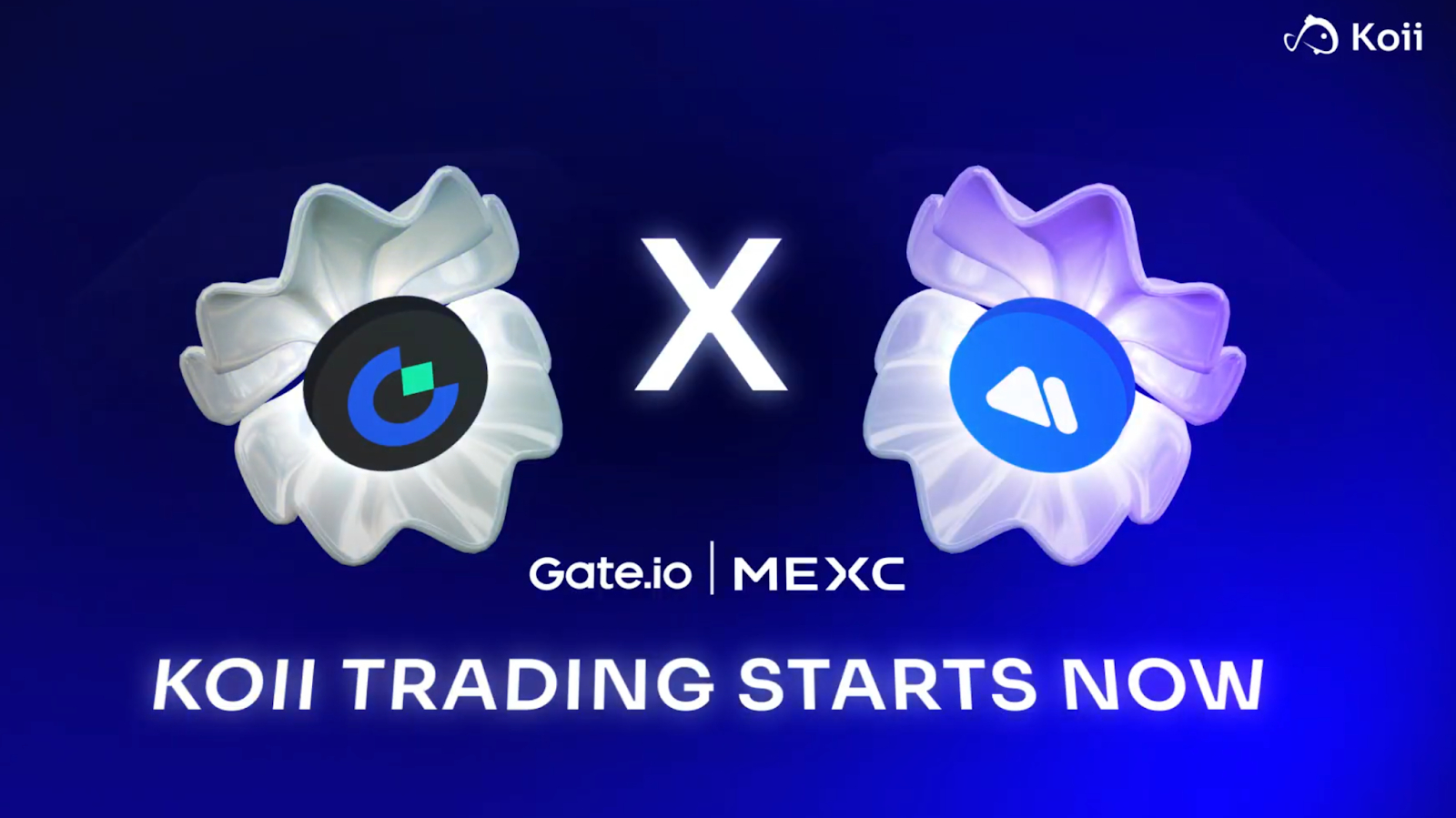Italy is tightening its grip on the cryptocurrency market with a new draft decree set for approval this week. The move signals a stricter regulatory approach aimed at curbing manipulation and boosting oversight, aligning with the European Union’s broader push for crypto regulation.
Million-Dollar Fines For Market Mayhem
According to a Reuters report, the proposed decree takes a zero-tolerance stance on crypto misconduct. Activities like insider trading, market manipulation, and unlawful disclosure of sensitive information could land offenders with hefty fines ranging from €5,000 to a staggering €5 million (roughly $5,400 to $5.4 million).
This financial hammer blow signifies Italy’s commitment to protecting investors and fostering a fair and stable crypto ecosystem.
Italy Central Bank And Consob Join Forces
The decree assigns the responsibility of overseeing crypto activities to two key players: the Bank of Italy and Consob, the country’s market regulator. This “twin-pronged approach” aims to achieve a two-fold objective: maintaining financial stability and ensuring orderly market functioning.
The Bank of Italy’s expertise in financial matters will be crucial in preventing systemic risks, while Consob’s experience in regulating traditional markets will be invaluable in tackling crypto-specific challenges.
Total crypto market cap at $2.29 trillion on the daily chart: TradingView.com
A Badge Of Trust For Crypto Service Providers
This new decree builds upon existing regulations implemented in January 2022. And since the following year, the Ministry of Economy and Finance (MEF) mandated that all crypto service providers operating in Italy, both domestic and foreign, must register with the Organismo Agenti e Mediatori (OAM).
This supervisory body, responsible for overseeing financial activities and credit brokerage operations, acts as a gatekeeper, ensuring that only reputable providers can serve Italian customers.
Dual Purpose
The OAM register serves a dual purpose. Firstly, it promotes transparency by making information about registered providers readily available. Secondly, it strengthens Anti-Money Laundering (AML) compliance, thereby reducing the risk of illicit activities within the Italian crypto market.
While the long-term impact of the new decree remains to be seen, it’s clear that Italy is taking a proactive stance towards regulating the crypto space.
The increased oversight, coupled with hefty fines and a focus on registered service providers, suggests a future where the Italian crypto market prioritizes stability and security over unbridled speculation.
The question for investors and crypto businesses alike is whether this new environment will foster innovation or stifle its growth.
Featured image from Pexels, chart from TradingView
Credit: Source link















































